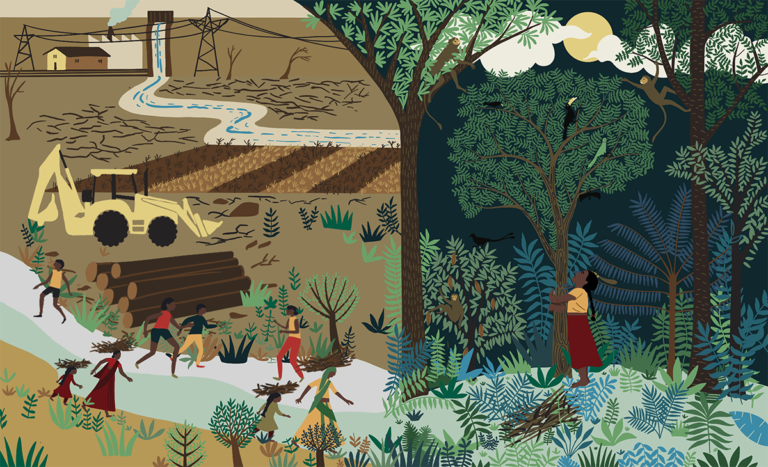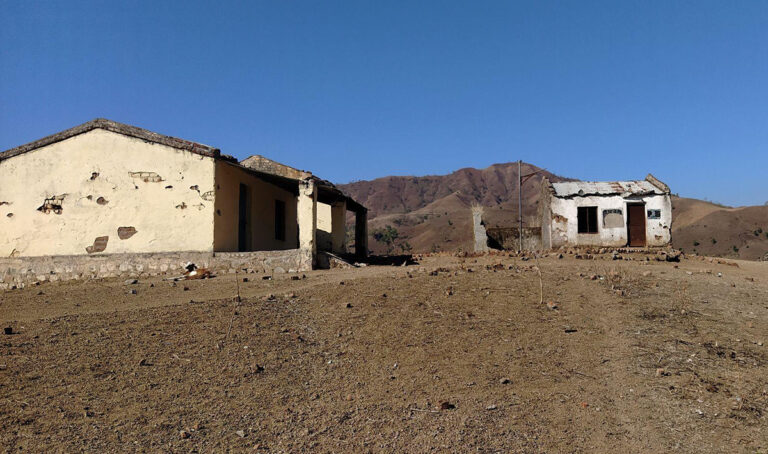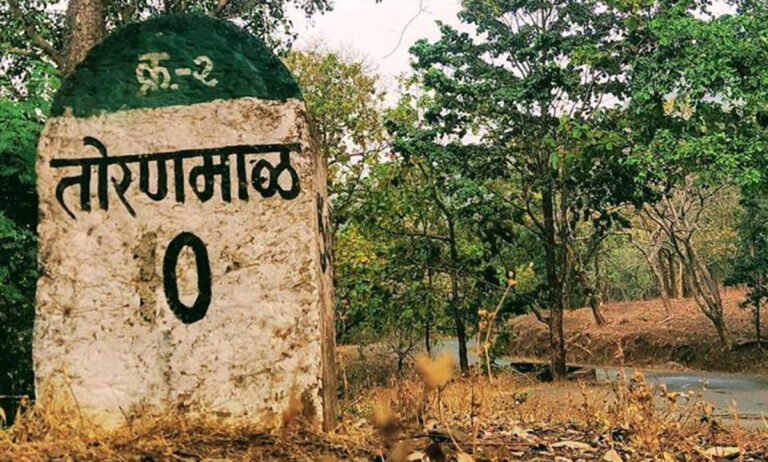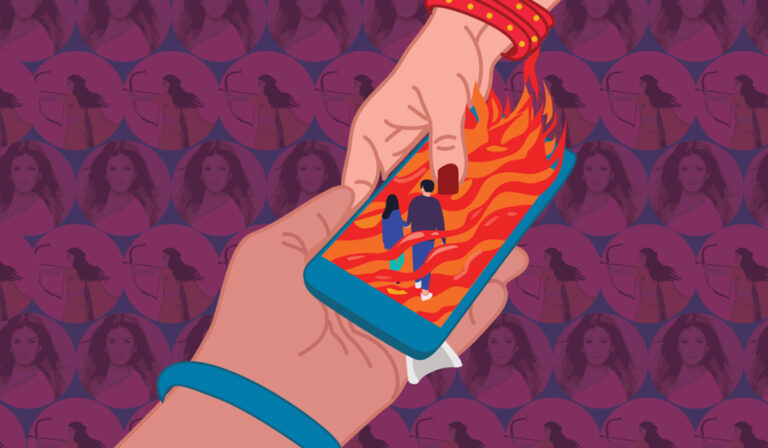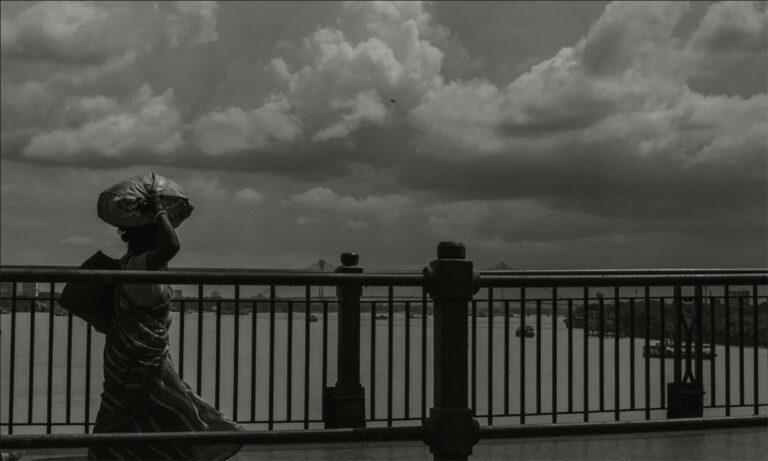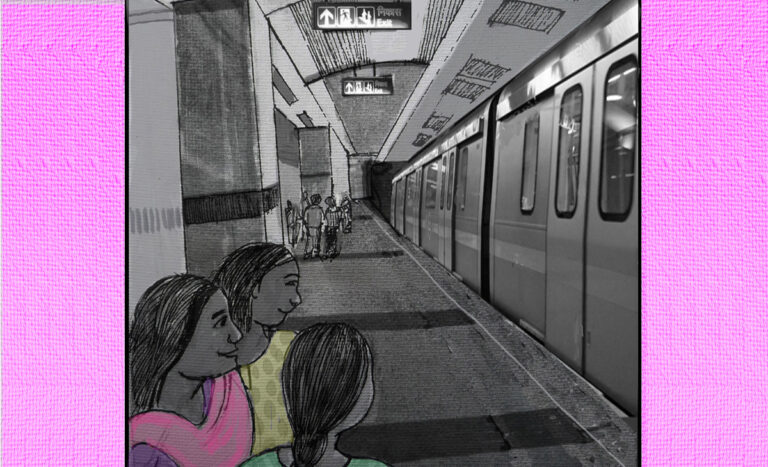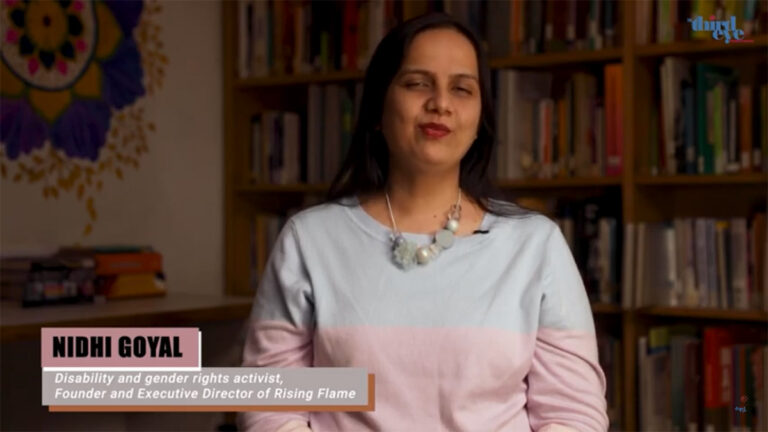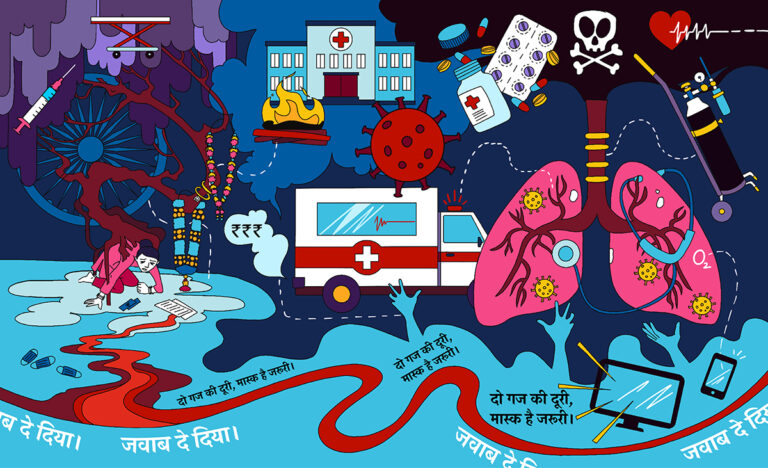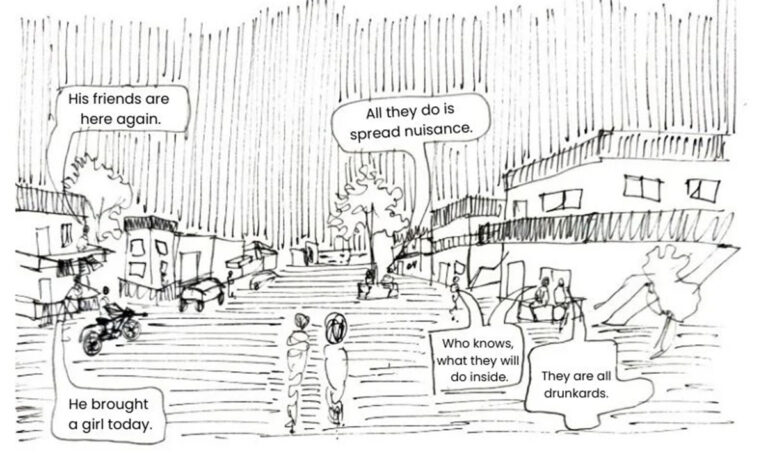
Third Wheeling Bodyguards.
Achal Dodia has participated in the Travel Log programme with The Third Eye for its City Edition. He writes and draws from Vadodara, Gujarat. This comic is the first of a three part series on looking at spaces through a queer lens.


